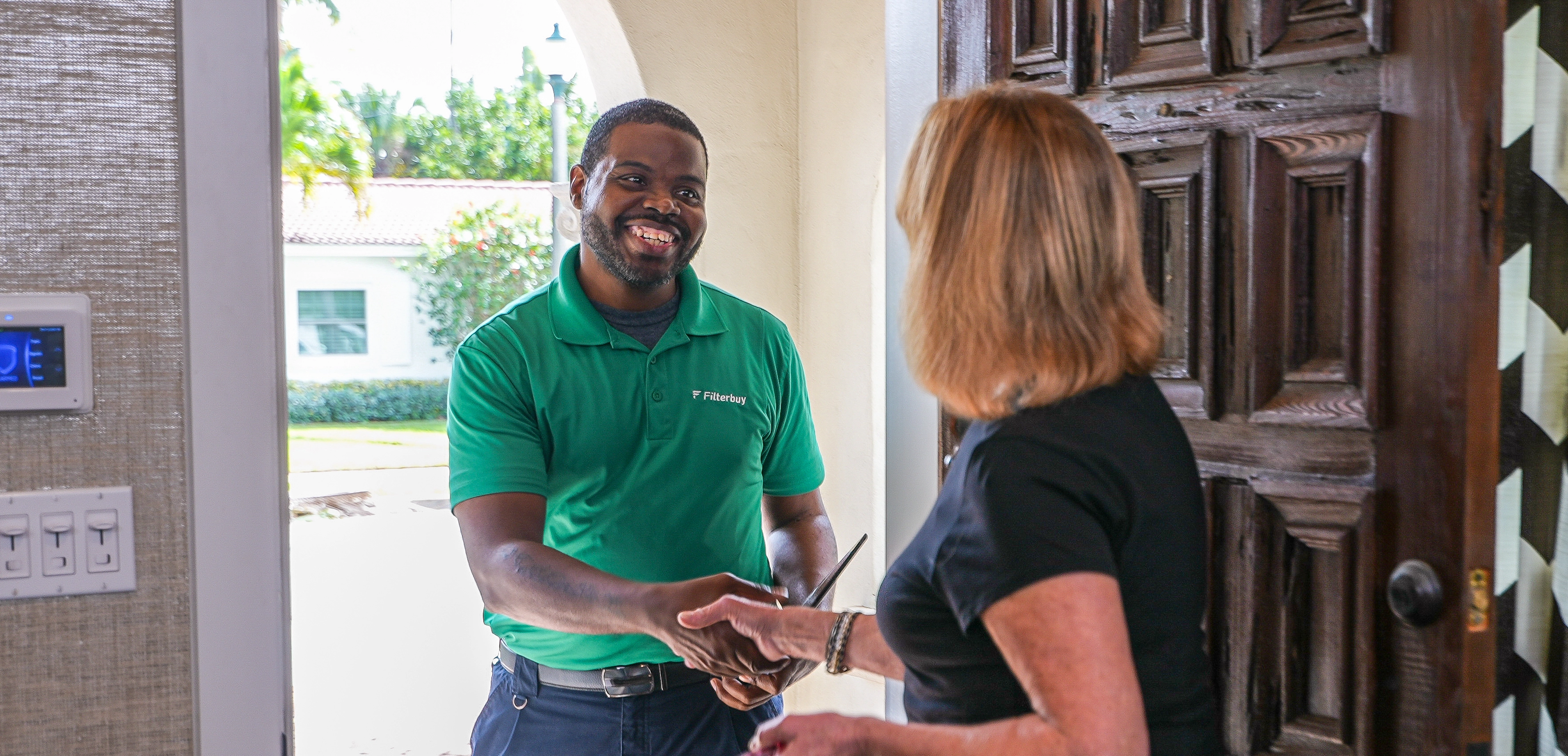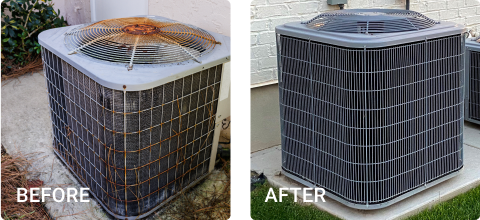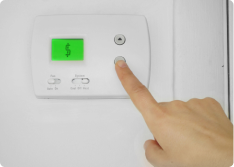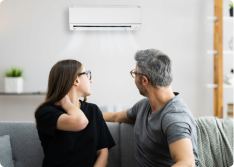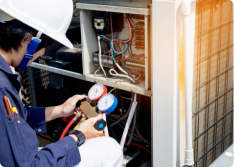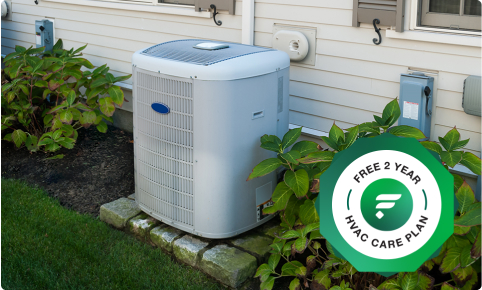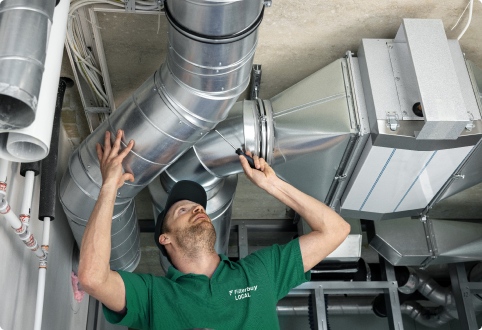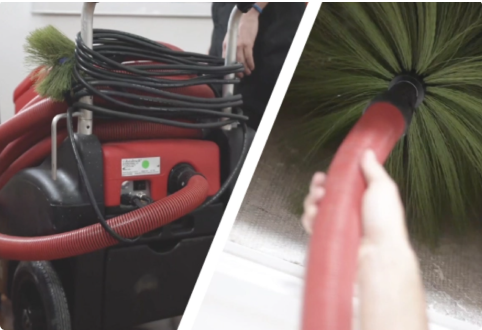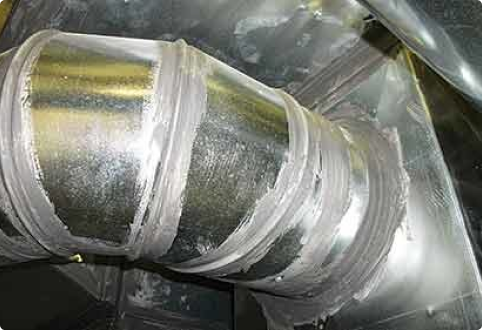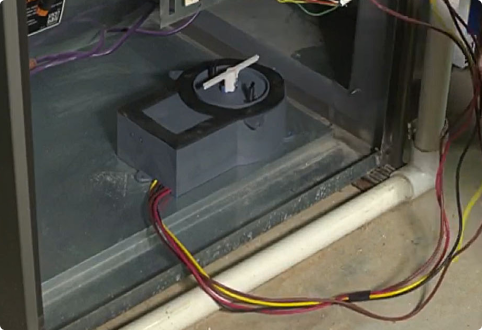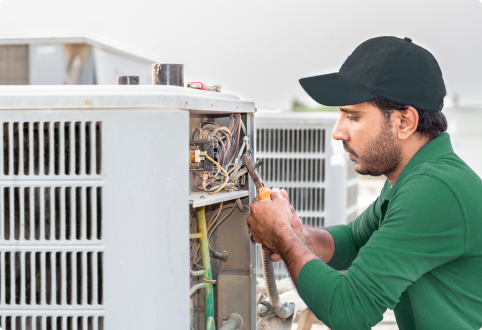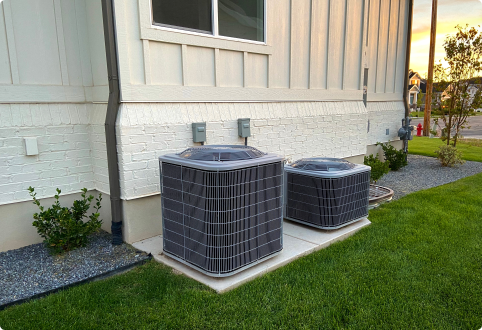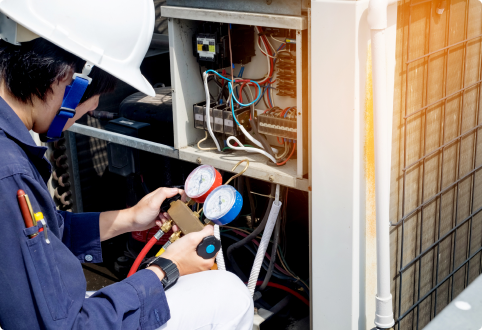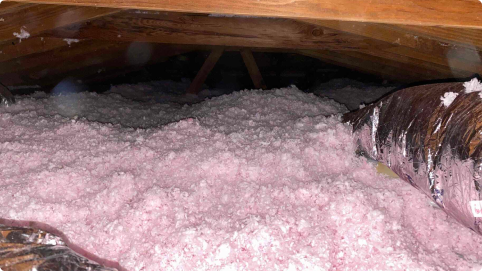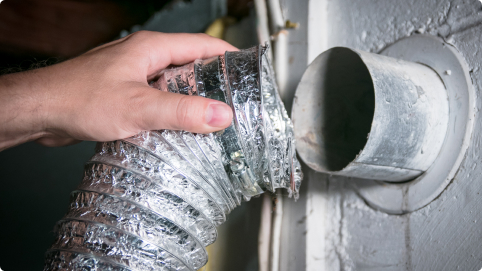Welcome to Filterbuy HVAC Solutions, the best HVAC system installation service company proudly serving in and near the greater Pembroke Pines, FL area. Please let us know how we can help solve your Pembroke Pines HVAC system installation needs with professional, affordable, and fast residential and commercial HVAC services by getting a free online quote or by giving our friendly HVAC specialists a call. We look forward to hearing from you!
Pembroke Pines' Top Choice for HVAC Services
Here’s for you if you are looking for a good HVAC installation company in Pembroke Pines. This company helps you stay comfortable and save money on your energy bills.
Take their Premium Care Plan as an example. Free air filters and annual maintenance? Check. But, what makes this company stand out from the rest? It's not just about having proficient professionals or about providing flexible scheduling. Let's dig a little deeper. Let's touch on some typical AC problems and how this company tackles them.
Key Takeaways
■ With proven expertise in HVAC systems, Filterbuy ensures residents of Pembroke Pines receive reliable installations and repairs.
■ Comprehensive knowledge of the local climate allows Filterbuy to suggest the most suitable HVAC systems for Pembroke Pines homes.
■ Offering a Premium Care Plan, Filterbuy ensures two years of service-free operation, promoting increased efficiency and system life.
■ Filterbuy's interest-free financing options, coupled with flexible scheduling, make HVAC services both accessible and convenient for all.
■ With a focus on exceptional customer support, ongoing maintenance from Filterbuy guarantees a smooth, worry-free HVAC experience.
Common AC Issues
In Pembroke Pines, FL, AC troubles can be a problem, especially during scorching summers. Problems such as clogged drain lines can appear, potentially causing water damage if ignored.
Another issue is the faulty blower motors. Disrupting the flow of air and leading to discomfort in your home.
Dirty filters, refrigerant leaks, and a broken thermostat make your AC work harder and less efficiently.
Regular maintenance is important to keep your AC working well. This can help improve air quality and prevent expensive repairs. Don't wait for your AC to break down before getting it checked.
Advantages of Filterbuy HVAC
Filterbuy HVAC installation services in Pembroke Pines are a good choice. Their focus on energy efficiency and customer satisfaction is what sets them apart.
Here's why Filterbuy should be your choice:
■ Proven Expertise: With years of experience in HVAC installations, Filterbuy delivers reliable and efficient solutions tailored to individual needs.
■ Localized Climate Understanding: They know the unique climate of Pembroke Pines well, suggesting the best systems for year-round home comfort.
■ Broad Equipment Range: Whether you prefer premium or budget-friendly brands, Filterbuy provides myriad options to match preference and budget.
■ Guaranteed Ongoing Support: Customer satisfaction is their commitment, with Filterbuy ensuring support for maintaining efficient and durable HVAC systems.
Filterbuy prioritizes energy efficiency and customer satisfaction in every service they offer.
Premium Care Plan
Filterbuy's unparalleled HVAC services extend to their Premium Care Plan, packed with value for homeowners. Emphasizing preventive maintenance, this plan gifts you two service-free years when changing your HVAC system. Guaranteed efficiency is ensured by providing costless air filters and annual cleaning of condenser coils.
Exceptional customer support from Filterbuy presents you with free replacement parts, surge protectors, and drain guards – all vital for your system's longevity.
Experience better indoor air quality with complimentary UV light installation that gets rid of harmful pollutants. Rely on Filterbuy's Premium Care Plan for maintaining your HVAC system at its best, guaranteeing your comfort along with peace of mind throughout the year.
Additional Services
Filterbuy offers many services to help you with your HVAC system. You get a quote online. Then finance your new system. Schedule an appointment that's convenient for you.
Each service is carried out by skilled licensed professionals. Who aims for compliance and high-quality service.
Here's what you look forward to:
■ Rapid assessments through virtual consultations.
■ Financing options without interest for fresh installations.
■ Appointments are scheduled at your convenience.
■ Quality service and compliance by skilled, licensed professionals.
Indicators for Replacement
It’s time to replace your HVAC system If you notice these signs:
■ Rising energy bills: This indicates that your HVAC system is becoming less efficient.
■ Warm or humid air coming from vents: This is a sign that your system is failing.
■ Strange noises: This symptom is a mechanical problem.
■ Unusual odors: This indicates mold or electrical issues.
Pay attention to these signs. To maintain its performance.
Frequently Asked Questions
How much does a new HVAC cost in Florida?
In Florida, the cost of a new HVAC system typically ranges from $4,000 to $10,000, depending on factors like the size of the home, the efficiency of the system, and any additional features or upgrades. Larger or more energy-efficient units can increase the price.
How long does an HVAC system last?
An air conditioner lasts 10 to 15 years. The lifespan is affected by the quality of the installation and the climate of the area. Regular maintenance also is a big factor in how long it will last.
What is the full form of HVAC in a car?
HVAC means Heating, Ventilation, and Air Conditioning. It is responsible for maintaining a comfortable temperature regardless of the weather conditions outside.
How much is a new AC unit for a 1500 sq ft house in Florida?
For a 1,500 square foot home, you'll generally need an HVAC system with a cooling capacity of about 2.5 to 3 tons, depending on factors like your climate, insulation, and home layout. The cost is around $2,500 to $7,500. It's best to consult with an HVAC professional to ensure accurate sizing based on your specific home's needs.
What is the average life of an HVAC system in Florida?
An air conditioner in Florida lasts 10 to 15 years which is lower than the national average due to the high heat and humidity levels of the place. Regular maintenance affects its lifespan.
What is HVAC vs AC?
HVAC refers to Heating, Ventilation, and Air Conditioning. Which includes heating systems and ventilation along with air conditioning. AC simply refers to the Air Conditioning component of the system.
Why is AC called HVAC?
AC is called HVAC because air conditioning is just one part of the system. It also includes heating and ventilation components. So the term HVAC provides a more comprehensive description.
How many types of HVAC systems are there?
There are four main types of HVAC systems. They are split systems, hybrid systems, duct-free systems, and packaged heating and air systems. Each has its own advantages. They are suited to different types of buildings, and also to different climates.
How many hours does it take to install a new HVAC system?
It takes 4 to 10 hours. The exact time depends on the complexity of the installation and the type of system being installed.
Should I replace my 20-year-old air conditioner?
It's good to replace your 20-year-old air conditioner. Newer models use less electricity and save you money. Older air conditioners break down easily and need expensive repairs.
Is there a best time to replace my HVAC system?
During the off-peak seasons is the best time. At the start of spring and fall, HVAC contractors are less busy. HVAC companies offer promotions during these periods.
What does the A in HVAC stand for?
The 'A' in HVAC means Air Conditioning. This refers to the system's ability to cool the air in a building.
Here is the nearest branch location serving the Pembroke Pines area…
Filterbuy HVAC Solutions - Weston FL
2573 Mayfair Ln, Weston, FL 33327
(754) 296-3528
https://maps.app.goo.gl/kLonopLRh7TtqPia8

.webp)
.webp)
.webp)
.webp)






